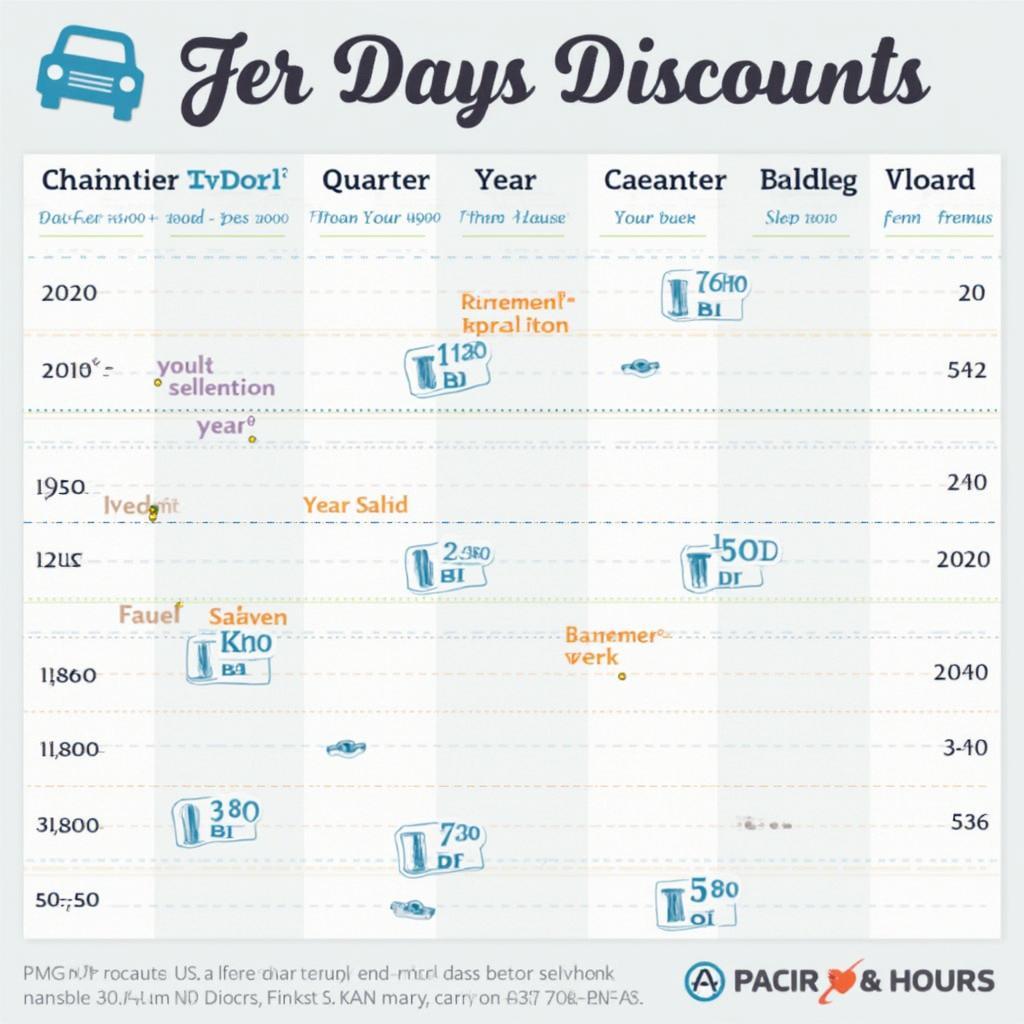Your cart is currently empty!

Tips to Save Money When Buying a Car
Buying a car can be a significant financial decision. Whether you’re eyeing a brand new model or a reliable used vehicle, understanding how to navigate the car buying process smartly can save you a substantial amount of money. This article offers practical Tips To Save Money When Buying A Car, empowering you to make informed choices and drive away with a great deal.
Research and Planning are Key to Saving Money
Before you even step foot in a dealership, thorough research and planning are crucial. Determine your needs and budget. What kind of car best suits your lifestyle? How much can you realistically afford? Having a clear picture of your requirements and financial limitations will prevent impulse buys and overspending. Explore different makes and models within your price range and compare their features, reliability ratings, and fuel efficiency. Check online resources, read reviews, and talk to other car owners to gather valuable insights. This preparation will help you negotiate effectively and secure the best possible deal. Similar to [tips for saving money on cars](https://cartipss.com/tips-for-saving money-on-cars/), planning is paramount to saving.
How Much Can I Afford? Setting a Realistic Budget
Setting a realistic budget is paramount when buying a car. Consider not just the sticker price but also the long-term costs, including insurance, maintenance, fuel, and potential repairs. Factor in these expenses to avoid financial strain down the road. A good rule of thumb is to allocate no more than 10-15% of your monthly income towards car-related expenses. Use online car affordability calculators to estimate your maximum loan amount based on your income, down payment, and interest rates.
What are the ongoing costs of car ownership?
The ongoing costs of car ownership include fuel, insurance, maintenance, and repairs. These can add up significantly over time.
Timing Your Purchase: When to Buy a Car for the Best Deal
Timing is everything when it comes to securing a great deal on a car. Dealerships are often more motivated to offer discounts at the end of the month, quarter, or year to meet their sales targets. Holidays and special sales events can also present opportunities for significant savings. Additionally, consider buying a car during the off-season, when demand is lower, or opting for a less popular model, which might have better discounts available. Understanding these market trends can help you time your purchase strategically and maximize your savings.
 Best Time to Buy a Car for Maximum Savings
Best Time to Buy a Car for Maximum Savings
Negotiating Effectively with Car Dealers
Negotiating effectively is a crucial skill when buying a car. Be prepared to walk away if you’re not comfortable with the offered price. Research the fair market value of the car you’re interested in and use that as your bargaining baseline. Be confident, polite, and assertive in your negotiations. Don’t be afraid to ask for additional discounts or incentives. Remember, the sticker price is just a starting point. With a little negotiation, you can often secure a much better deal. This aligns with the tips to negotiate with car dealers.
What are some effective negotiating tactics?
Some effective negotiating tactics include researching the fair market value of the car, being prepared to walk away, and being assertive in your requests for discounts.
Exploring Financing Options and Securing the Best Loan Rates
Explore various financing options and compare loan rates from different lenders, including banks, credit unions, and online platforms. Securing a pre-approved loan before visiting the dealership can give you more negotiating power. A strong credit score can help you qualify for lower interest rates, saving you money in the long run. Shop around for the best loan terms and ensure you understand all the fees and conditions associated with the loan.
“Securing pre-approval for a car loan is a smart move. It not only strengthens your negotiating position but also allows you to compare loan offers and choose the best rates,” advises John Smith, Senior Financial Advisor at Auto Finance Solutions.
Consider Buying a Used Car
Buying a used car can be a great way to save money. Used cars are typically significantly cheaper than new cars, and depreciation is less steep after the initial years. Thoroughly inspect any used car you’re considering and get a pre-purchase inspection from a qualified mechanic. This will help you avoid potential costly repairs down the road. Check the vehicle’s history report for any accidents or damage. Like what is mentioned in tips to look for when buying a used car, a used car can be a budget-friendly option.
Conclusion
Saving money when buying a car requires careful planning, research, and smart negotiation. By following these tips to save money when buying a car, you can make informed decisions, avoid overspending, and drive away with a vehicle that fits your needs and budget. Remember, a well-informed buyer is a empowered buyer. These principles are also applicable in the virtual world, as seen in used car tycoon game tips.
FAQs
- What is the best time of year to buy a car?
- How can I negotiate a lower price on a car?
- Should I buy a new or used car?
- What are the different types of car loans?
- How can I improve my credit score to get a better loan rate?
- What are the hidden costs of buying a car?
- How do I find the fair market value of a used car?
Need Assistance? Contact us via WhatsApp: +1(641)206-8880, Email: [email protected] or visit us at 456 Pine Avenue, Toronto, ON M5V 2J4, Canada. We have a 24/7 customer support team.

Leave a Reply